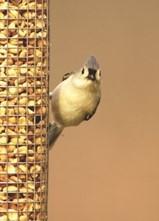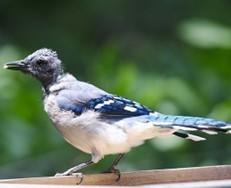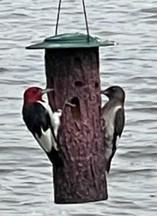Tuesday, September 3rd 7PM - 8 PM (Hartland Audubon): Bats of Michigan. Check with the Audubon Society for reservation details.
Sunday, September 8th 4PM - 5PM (in-store): Caching is Cool. Call the store to reserve your seat.
Thursday, September 12th 6PM - 7PM (Fowlerville District Library): Flyways Migration Documentary: Viewing and Q&A. Check with the Library for reservations.
Sunday, September 15th 4PM - 5PM (in-store): Migration Magic. Call the store to reserve your seat.
Sunday, September 29th 8AM - 10AM (2-mile stretch in Brighton along I-96): Adopt-a-Highway Litter cleanup. Email [email protected] if you are interested in volunteering with Mitch and Laurel.




